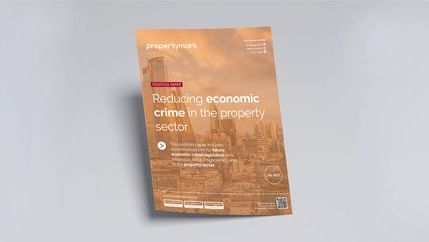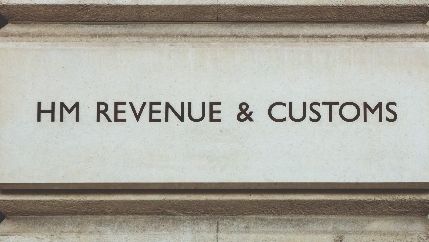Propertymark's influence
Inputting into global guidance for the real estate sector
In July 2022, the Financial Action Task Force (FATF), which is the global money laundering and terrorist financing watchdog, revised its Risk-Based Approach Guidance for the Real Estate Sector.
The UK’s regulation of money laundering ultimately derives from the FATF standards. The guidance highlights the importance for the sector to increase its understanding of the money laundering and terrorist financing risks it faces.
Our Policy and Campaigns Team were instrumental in helping draft the guidance through a project which CEPI co-lead with the Governments of Canada and the United States of America.
Anti-Money laundering high on UK Government’s agenda
Following HM Treasury approval, on 27 July 2022 the UK Government updated guidance for estate and letting agent businesses supervised for anti-money laundering. Designed to help agents comply with the Money Laundering Regulations 2017, it covers customer due diligence, record keeping and reporting suspicious activity.
Campaign success
Register of overseas entities
After years of campaigning the UK Government introduced a public register of overseas entities owning property in the UK through the Economic Crime (Transparency and Enforcement) Act.
In 2018, we gave evidence to the House of Commons Treasury Committee Inquiry into Economic Crime and hosted a roundtable with civil servants from the Department for Business, Energy & Industrial Strategy (BEIS) and members of Propertymark who work as estate agents to review the UK Government’s proposals for a register of beneficial owners of overseas companies and other legal entities.
In 2019, we proved a written response to the Joint Committee on the Draft Registration of Overseas Entities Bill, and we responded to the HM Treasury consultation on the proposed steps that the government will take to transpose the Fifth Money Laundering Directive into national law.
More recently we met with senior politicians to lobby for the introduction of the Register of Overseas Entities and in 2022 we ran a virtual roundtable with Propertymark members and Companies House inputting to help shape the usability and development of the Register.
New Register of Overseas Entities launched
The new Register of Overseas Entities is being introduced by the Economic Crime (Transparency and Enforcement) Act which has launched today, 1 August 2022. It will be held by Companies House and forms part of the UK Government’s strategy to combat economic crime.
Related news
Over 250 agents fined for AML non-compliance
HM Revenue and Customs (HMRC) has announced that fines totalling over £1.6 million have been issued for a variety of breaches including missing documentation, incomplete due diligence, and failures to recognise specific risks, such as Politically Exposed Persons, high risk jurisdictions, companies, trusts and sanctions.
Economic Crime levy to increase after income target missed
Very large property agencies, based on their UK revenue, will see contributions to the Levy double from April 2024 after receipts for the period April 2022 to March 2023 showed a shortfall against the target of raising £100 million per year, which is used as long-term sustainable funding to tackle economic crime.
Propertymark lobbying leads to hope for pooled client account access
A consultation launched by HM Treasury could be the catalyst for change in the Money Laundering and Terrorist Financing (Amendment) Regulations 2019 and end the ongoing problem of access to appropriate banking services for letting agents, which is the result of banks failing to properly understand how client money protection and anti-money laundering apply to unregulated firms.
HMRC remind agents to keep email contacts updated
Email and secure messaging are HMRC’s main means of contacting agents about their AML supervision. They provide regular updates and alerts to support compliance with the Money Laundering Regulations and notifications if an account requires action or needs to be reviewed, so it is crucial that contact email addresses are kept up to date.
UK Government plans to crack down on corruption in the property sector
The Economic Crime and Corporate Transparency Act 2023 (ECCTA) received Royal Assent on 26 October 2023 and has made provision for changes to the Register of Overseas Entities (particularly to address and land information) that will impact almost all overseas entities in some way, although no timeline for implementation has yet been published.
Update to AML rules for politically exposed persons
The UK Government has amended the Money Laundering, Terrorist Financing and Transfer of Funds (Information on the Payer) Regulations 2017, to send a clear message to regulated firms about how to treat politically exposed persons (PEPs) when carrying out enhanced due diligence checks. The new regulations came into force on 10 January 2024.










